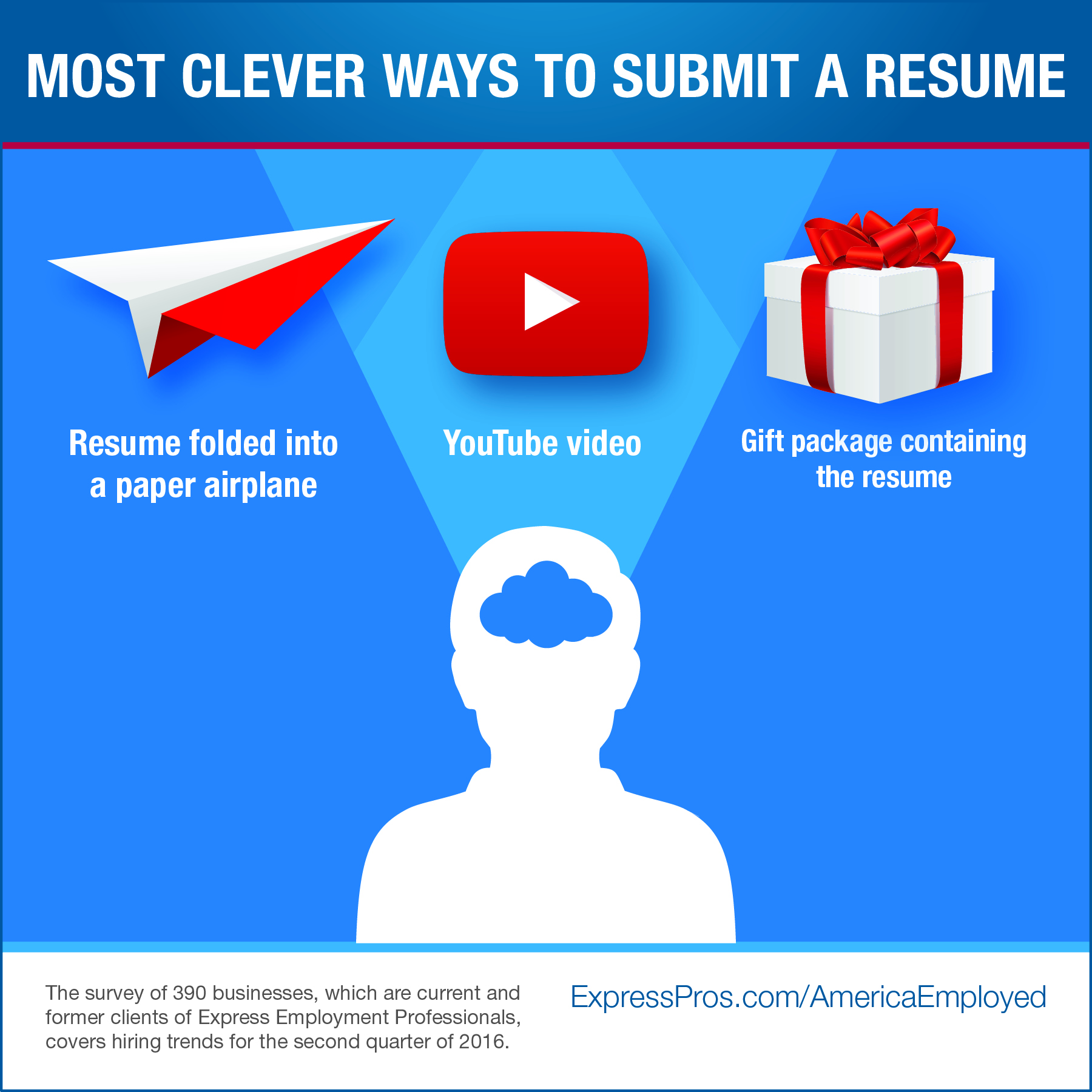Your favorite MOU blogs from the past year
2017 is over, and it was a big year for Movin’ On Up. With nearly 141,000 page-views in 2017 and a grand total of 3,398 comments since our inception, we’re growing fast. And it’s all thanks to you!
Our staff is made up of writers and industry experts who want to see you succeed. That’s why we’re here. It’s our job to help you build a great career. As a thank you for coming to see us every week, we’ve put together a list of our top 2017 blogs.
Thank you, and good luck in 2018!
Interview Tips: Do This, Don’t Do That
You’ve spent days applying and sent in what feels like a thousand resumes. And now you finally have an interview. We’re here to help. Review this list of dos and don’ts to ace that next interview!
How to Deal with a Difficult Boss
Discovering that your boss doesn’t respect your expertise can ruin your work ethic and drain your enthusiasm. But if you aren’t in a position to quit, here are a few ways to excel, even with a disrespectful boss.
4 Secrets to Getting a Pay Raise
Asking for a raise isn’t easy and preparing to ask can be nerve-racking. When should you ask for one? How much should you ask for? Here are our top four tips for negotiating a raise.
Traditionally, retirement was expected. You put in the extra hours while you were young so that you would have the freedom to do whatever you wanted in your later years. But that’s no longer the case.
Resume Tips to Impress Your Interviewer
If you really want to stand out, you need to add something extra to your resume. After all, you can’t make an impression without an interview. In this blog, we focus on the little things you can do with your resume to truly stand out.
How to Tell Your Interviewer You Were Fired
Yeah, you were fired. But does the interviewer really need to know that? Yup. Here’s why.
Why You Shouldn’t Give Up On Your Job Search
The job search is the internet equivalent of cold calling: knocking on doors and hoping someone is interested in your product. Every time you fail to get an interview or don’t make it to the next round, it can feel like a personal insult. But that doesn’t mean you should give up!
Why Companies Don’t Respond After an Interview
Why would a company skip out on the goodwill a well-meaning rejection email can generate? Although we personally feel companies should always send out courtesy rejection emails, here are a few reasons why they might not.
Age Discrimination in the job Search
Age discrimination in the job search is a problem. After all, you can’t change your age—it’s a part of who you are. What can you do?
5 Low Cost Ways to Develop Your Skills
Acquiring new talents and abilities doesn’t have to clean out your bank account or leave you drowning in debt. Here are a few affordable ways to develop your skills.
Anything you want to see a blog about in 2018? Let us know in the comments below!




